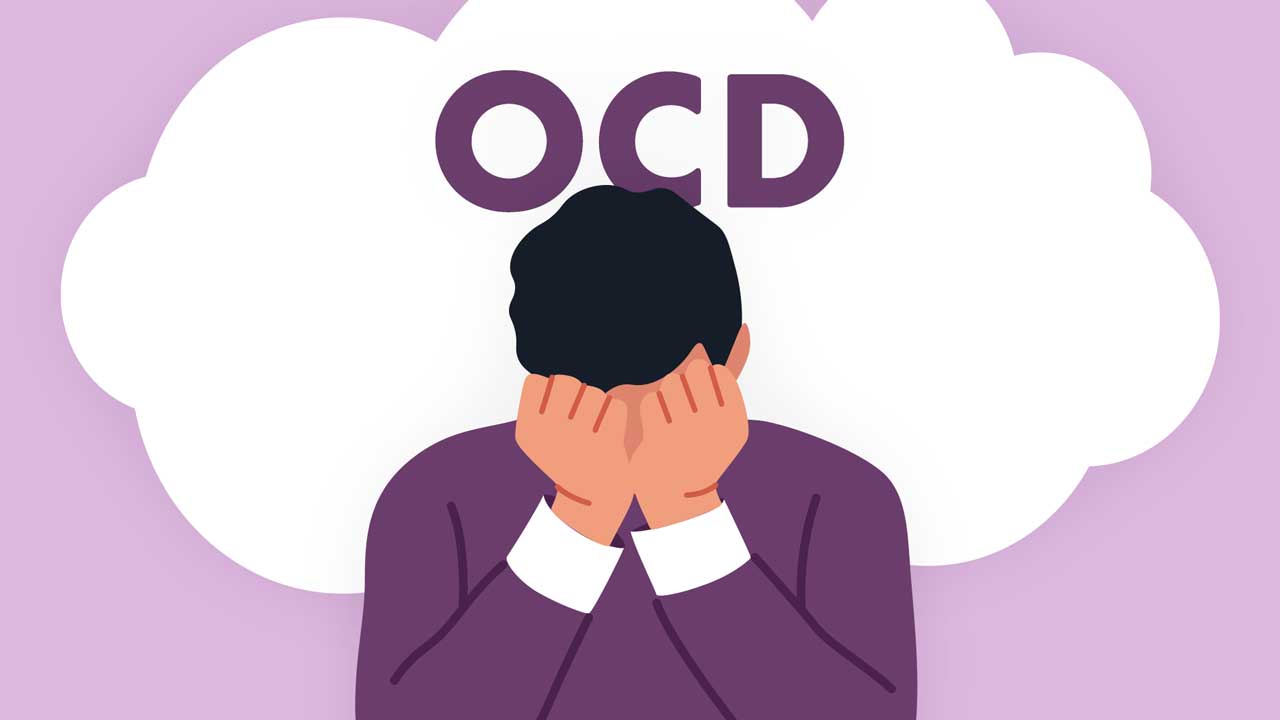
Obsessive-Compulsive Disorder (OCD) is a challenging mental health condition characterized by intrusive thoughts and repetitive behaviors. While traditional treatments such as medication and therapy have been effective for many individuals, ongoing clinical trials are paving the way for innovative approaches that could revolutionize OCD treatment in the future.
Current Challenges in OCD Treatment
Limitations of Existing Treatments
- Medications may have side effects and be ineffective for some patients.
- Cognitive-behavioral therapy (CBT) can be time-consuming and not readily accessible to everyone.
- Some individuals do not respond adequately to standard OCD treatments.
The Need for New Treatment Options
- There is a growing demand for more personalized and effective treatments for OCD.
- New interventions are required to address treatment-resistant OCD cases.
- Patient preferences and individual differences need to be considered in treatment planning.
Emerging Trends in OCD Treatment
Targeted Brain Stimulation
- Deep Brain Stimulation (DBS) is being explored as a potential treatment for severe OCD cases.
- Transcranial Magnetic Stimulation (TMS) is a non-invasive technique that shows promise in reducing OCD symptoms.
- Both DBS and TMS target specific areas of the brain implicated in OCD.
Pharmacogenetics and Personalized Medicine
- Genetic testing can help identify individuals who are more likely to respond to certain medications.
- Personalized treatment plans based on genetic markers can optimize outcomes and minimize side effects.
- Pharmacogenetic testing is becoming more accessible and affordable for individuals with OCD.
Key Insights from Clinical Trials
Novel Therapies Under Investigation
- Psilocybin, a psychoactive compound found in certain mushrooms, is being studied for its potential in treating OCD.
- Ketamine, a dissociative anesthetic, has shown rapid antidepressant effects and is being explored for OCD treatment.
- Cannabidiol (CBD), a non-intoxicating cannabinoid, is under investigation for its anxiolytic properties in OCD.
Combination Therapies and Adjunct Interventions
- Combining medication with psychotherapy or neuromodulation techniques may enhance treatment outcomes.
- Mindfulness-based interventions and lifestyle modifications can complement traditional OCD treatments.
- Virtual reality exposure therapy is gaining traction as a promising adjunct intervention for OCD.
Implications for the Future of OCD Treatment
Personalized Treatment Approaches
- Individualized treatment plans based on genetic, neurobiological, and clinical factors can optimize outcomes.
- Targeted interventions tailored to the specific needs and preferences of each patient can improve treatment adherence.
- Collaborative care models involving multidisciplinary teams can provide comprehensive support for individuals with OCD.
Integration of Technology and Innovation
- Telehealth platforms and digital tools can enhance access to OCD treatment and monitoring.
- Artificial intelligence and machine learning algorithms can help predict treatment response and guide personalized interventions.
- Wearable devices and smartphone apps offer opportunities for real-time symptom tracking and self-management in OCD.
Conclusion
As the landscape of OCD treatment continues to evolve, insights from clinical trials are shaping the future of care for individuals with OCD. From targeted brain stimulation and pharmacogenetic testing to novel therapies and combination interventions, the field of OCD treatment is witnessing a paradigm shift towards personalized and innovative approaches. By harnessing the power of emerging technologies and integrating cutting-edge research findings, clinicians and researchers are paving the way for a brighter future in the management of OCD.
Share this post: on Facebook on Google+